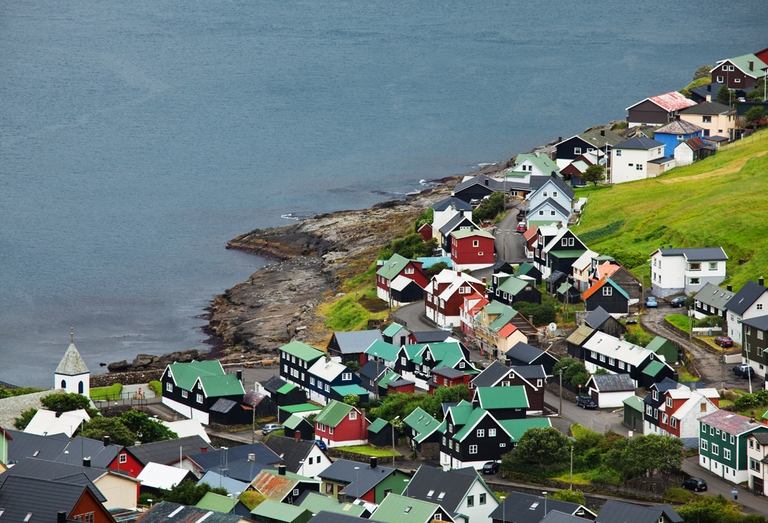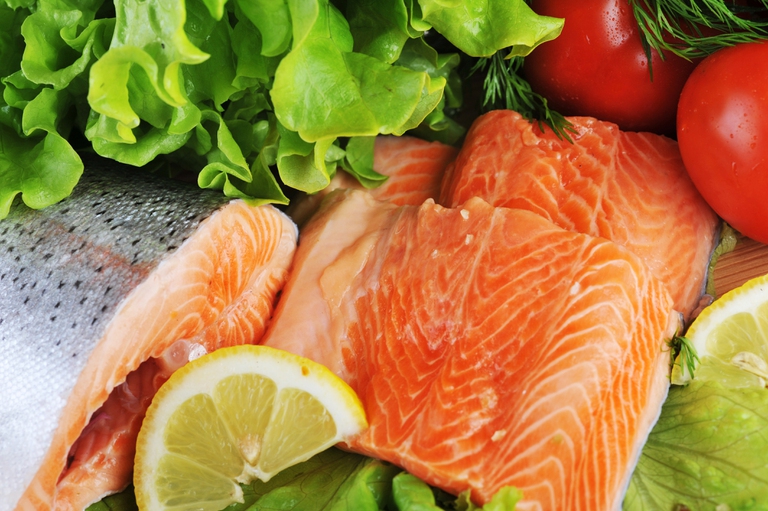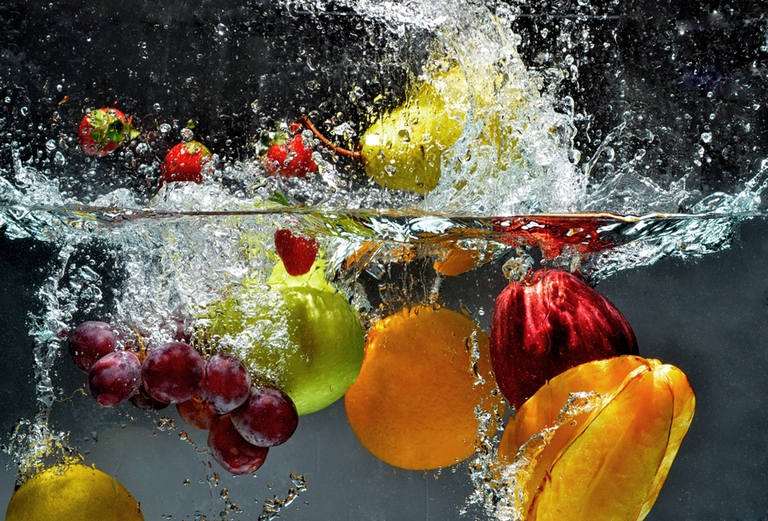
A group of experts in Tokyo suggested pouring radioactive water from Fukushima into the open sea. A marine biochemist explains the consequences of this absurd decision.
Men who ate contaminated food when they were teenagers have increased risk of becoming infertile. That’s what a study conducted on the population of the Faroe Islands reveals.
Adolescent exposure to environmental pollutants such as organochlorines could cause them to produce faulty sperms, according to researchers at the Milken Institute School of Public Health of George Washington University. The study is the first to assess the link between exposure to these substances during the teenage years and fertility problems years later.
Research author Melissa Perry led a team that tested blood and sperm samples taken from 90 men aged 22 to 40 living in the Faroe Islands, North Atlantic Ocean. Blood samples taken at age 14 of 33 of them were also tested.
The island’s population follows a diet rich in seafood, including whale meat and blubber, which results in higher than average exposure to organochlorine pollutants, including PCBs and DDT, that are still used in farming in some tropical countries. These pollutants are stored in animal fat.
To detect sperm disomy, a condition in which sperms have an abnormal number of chromosomes, not only did researchers used blood samples but also a sperm imaging method devised by Melissa Perry. So, it was possible for the team to find that men with higher levels of organochlorines in the blood, both by then and at age 14, had significantly higher rates of abnormal spermatozoa, and consequently, increased odds of developing infertility.
“Most people can reduce their exposure to PCBs and DDT by cutting back on foods that are high in animal fats and choosing fish wisely. This study, and others like it, suggest that any decisions about putting biologically active chemicals into the environment must be made very carefully as there can be unanticipated consequences down the road”, Perry said.
Siamo anche su WhatsApp. Segui il canale ufficiale LifeGate per restare aggiornata, aggiornato sulle ultime notizie e sulle nostre attività.
![]()
Quest'opera è distribuita con Licenza Creative Commons Attribuzione - Non commerciale - Non opere derivate 4.0 Internazionale.
A group of experts in Tokyo suggested pouring radioactive water from Fukushima into the open sea. A marine biochemist explains the consequences of this absurd decision.
The decline in grey and humpback whales in the Pacific and Atlantic Oceans has been traced to food shortages caused by rising ocean temperatures.
The United Nations has launched a major international alliance for ocean science, undertaking a mission close to all our hearts.
The cargo ship that ran aground off the coast of Mauritius on 25 July, causing incalculable damage, has split in two and its captain has been arrested.
The largest coral reef in the world is severely threatened by climate change, but researchers are developing strategies that could contribute to saving the Great Barrier Reef.
Seychelles have extended its marine protected area, which now covers over 400,000 square kilometres, an area larger than Germany.
Norwegian oil giant Equinor had pulled out of drilling for oil in the Great Australian Bight, one of the country’s most uncontaminated areas. A victory for activists and surfers who are now campaigning for the area to be protected forever.
30 per cent of the planet needs to be protected to stop precipitous species decline. The UN has set out its aims for the the COP15 on biodiversity scheduled for Kunming, China in October.
Ocean warming has risen to record highs over the last five years: just in 2019 the heat released into the world’s oceans was equivalent to that of 5-6 atomic bombs per second. The culprit, no doubt, is climate change.










